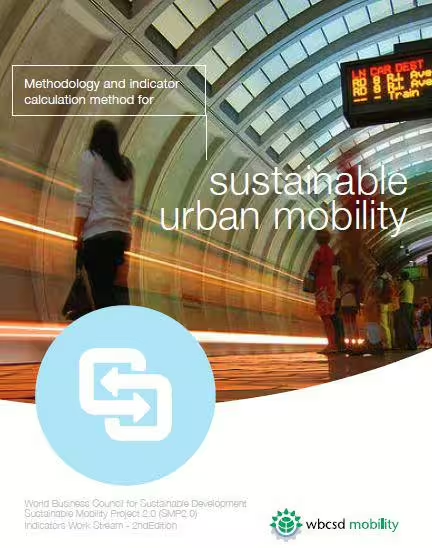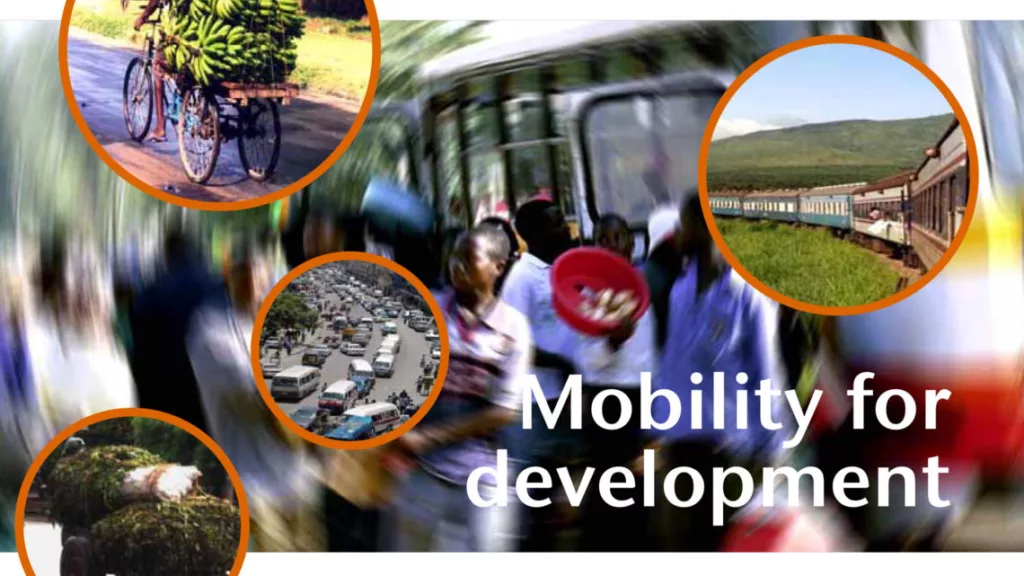WBCSD-SMP2.0 collaborated with 6 pilot cities Bangkok (Thailand), Campinas (Brazil), Chengdu (China), Hamburg (Germany), Indore (India) and Lisbon (Portugal) to test the validity and practicality of the original indicator set. That exercise led to some methodology refinements, enabled to propose typical data sources and possible approximations to the methodologies (part VII). It also led to the conclusion that a small group of urban mobility parameters can enhance the understanding of the result of the indicator set for mobility planning (annex I). The reasons why the indicator resilience has been removed from the set and introduced as a topic to be discussed with the city are explained in the annex II. A suggested set of questions for the mobility surveys is included (Annex III). It is to be adapted depending on the cultural context and the mobility infrastructures in place.




